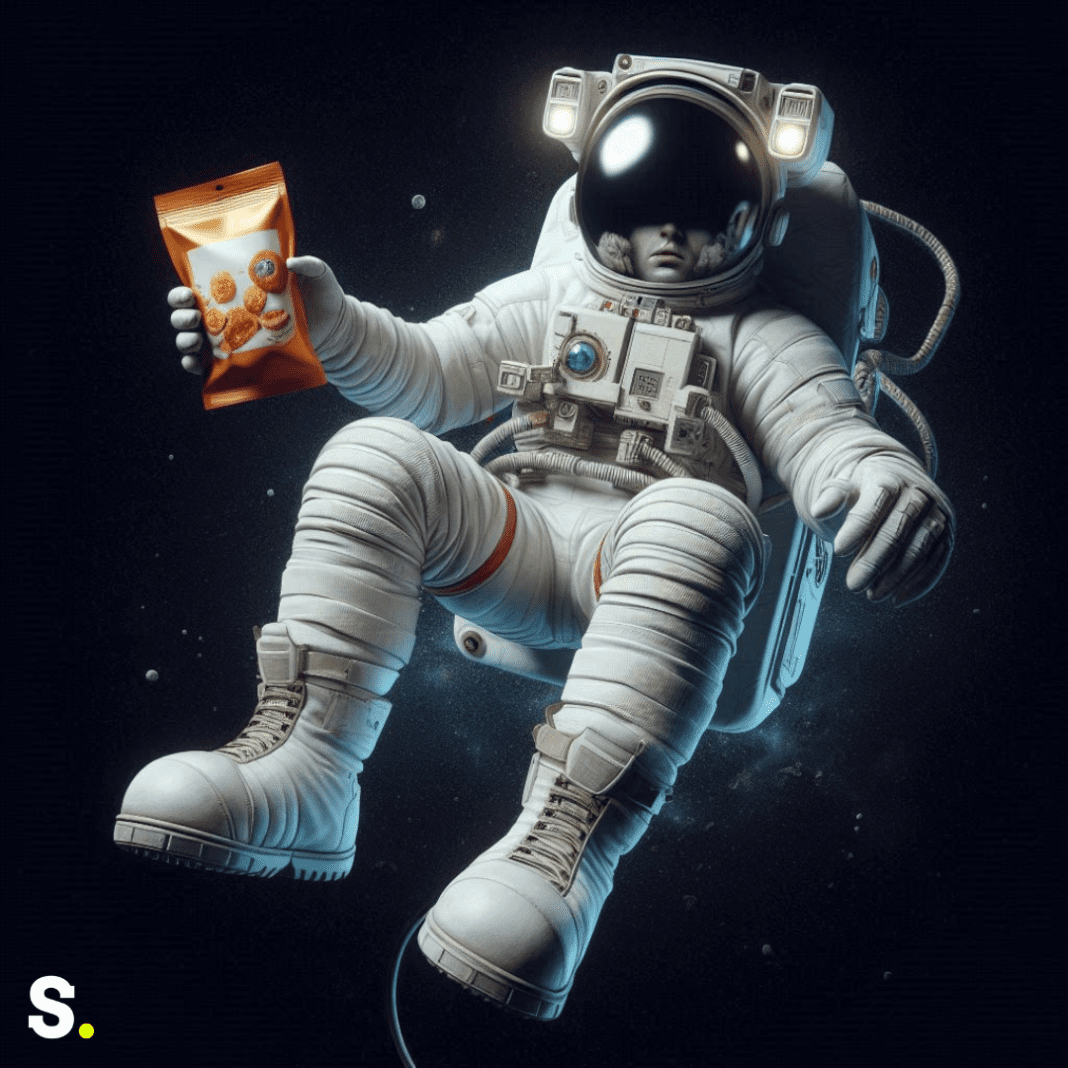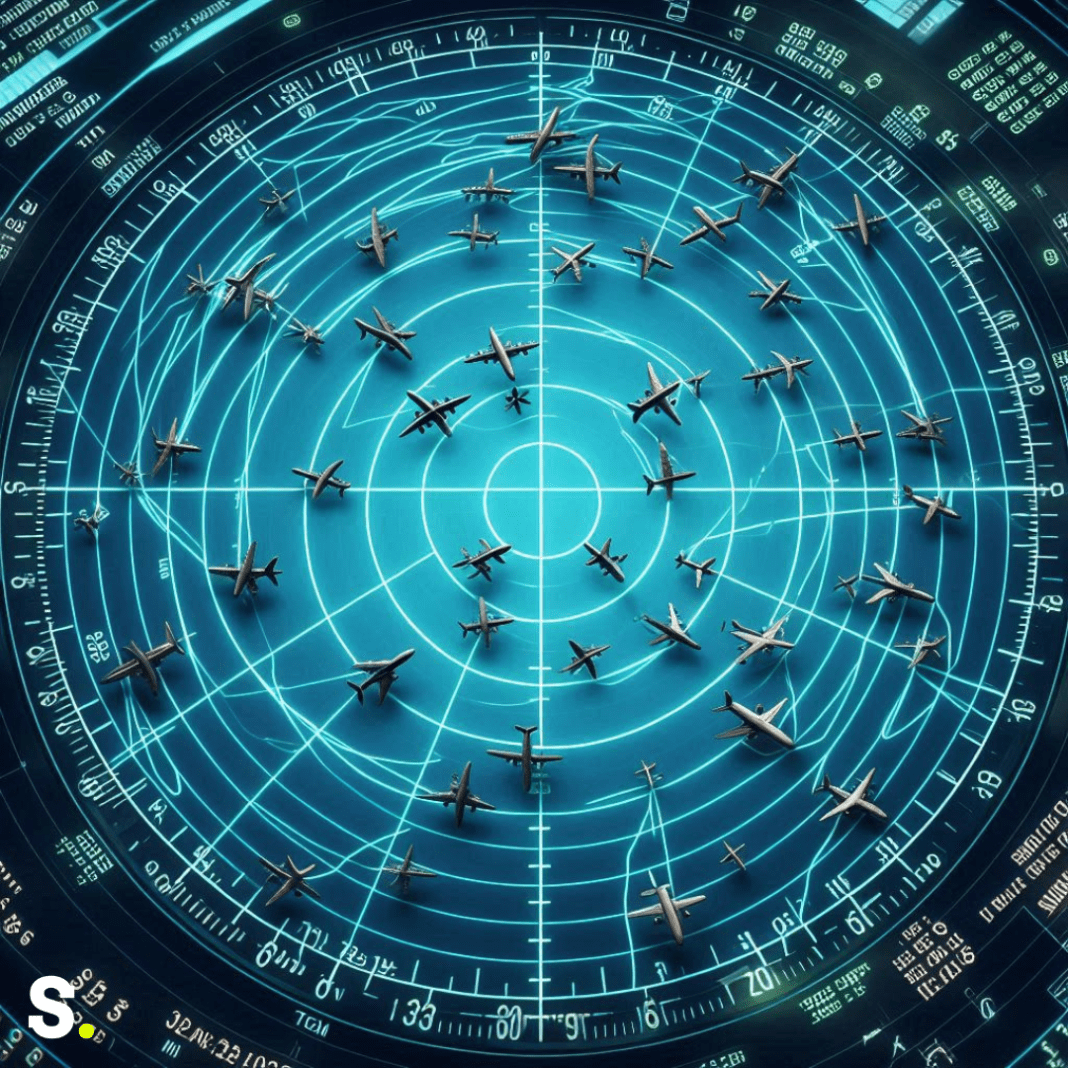The Meal Problem
Astronauts often find it challenging to enjoy their meals in space. Despite having high-quality and nutritious food designed to taste good, many astronauts report that their food tastes bland when they’re aboard the International Space Station (ISS). But why does this happen?
The Space meals Systems Laboratory at Johnson Space Center and the Space Food Research Facility are two NASA locations in Texas devoted to astronaut meals. These places are responsible for making and improving the food astronauts eat, including planning menus, creating packaging, and developing special food equipment. They even have an Advanced Food Research Team working on food for future space missions beyond the ISS.
There is a wide selection of meals available to astronauts. Their options include freeze-dried foods like scrambled eggs and mashed potatoes, canned foods like ravioli and meatloaf, irradiated foods like smoked turkey, and even snacks like nuts and granola bars. Despite all these efforts to provide tasty and varied food, astronauts still say their meals taste bland in space.
The Science of Smell and Taste
To understand this issue, scientists at the Royal Melbourne Institute of Technology (RMIT) University in Australia are using Virtual Reality (VR) to study the problem. They published their findings in a scientific journal, focusing on how the sense of smell might change in space. The researchers tested how 54 adults perceived three strong food aromas—almond extract, vanilla extract, and lemon essential oils—both in normal Earth conditions and in a VR-simulated ISS environment.
On Earth, our sense of taste relies heavily on our sense of smell. Taste buds on our tongues detect basic flavors like sweet, salty, sour, bitter, and umami. At the same time, olfactory sensors in our noses identify thousands of different smells. Our brains combine these signals to create the overall taste experience. If someone loses their sense of smell, food can taste bland.
Participants in the study reported that, while the flavor of lemon stayed the same, the aromas of almond and vanilla were stronger in the VR ISS environment. Researchers discovered that benzaldehyde, a substance found in both vanilla and almonds, may have an impact on how these smells are perceived in space. However, mindset and emotions also play a role in how people perceive smells and tastes.
The Space Environment’s Impact
Smell and taste perception can be affected by the particular difficulties of living in space. For example, astronauts in space often experience a shift in their body fluids. On Earth, gravity pulls fluids downwards, but in the microgravity environment of the ISS, fluids can accumulate in the head. This can lead to nasal congestion, which might dull the sense of smell and, consequently, the sense of taste. Additionally, the stress of isolation, confinement, and the unique conditions inside the spacecraft, such as humidity and airborne compounds, can further impact how food tastes.
Interestingly, these fluid effects usually lessen after a few weeks on the ISS, but astronauts still report that their food doesn’t taste as good. This implies that there are more variables involved. The researchers think that the lack of strong flavors in space food might be related to both the physical changes in the astronauts’ bodies and their emotional state.
Scientists have noticed similar issues in other isolated and confined environments, like Antarctic research stations, where people also experience changes in their sense of smell. This suggests that the environment plays a significant role in how we perceive food.
Researchers think that the strong scent impressions in the virtual reality environment may be brought on by the common molecule benzaldehyde, which is present in almond and vanilla. This research highlights the importance of understanding how different factors, including emotional settings and VR environments, can influence the sensory experience of eating.
The Bigger Picture
This issue of bland-tasting food is not just a minor inconvenience. Proper nutrition is crucial for astronauts to perform well on their missions. NASA and other space agencies are very interested in finding ways to ensure that astronauts enjoy their meals and get the nutrition they need. The findings from this study could lead to better-tailored foods for astronauts, making their space meals more enjoyable and nutritious.
This research is also important for future space missions, like those planned for Mars. These missions will last much longer than current missions to the ISS, so it’s essential to understand and address the challenges astronauts might face with their diet and food enjoyment.
The findings of this study may also be beneficial to those who live in remote areas of the planet, such as senior residents of nursing homes or confined military personnel. By making food more enjoyable for these groups, we can help improve their overall well-being and nutritional intake.




